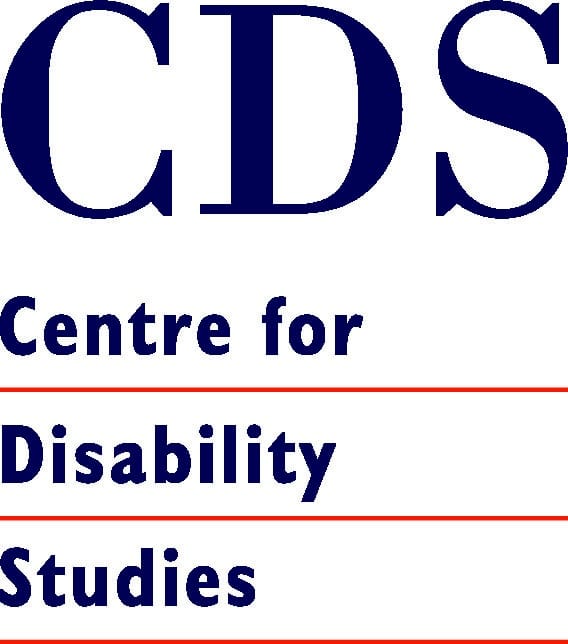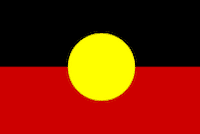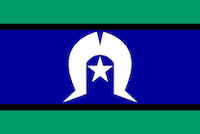About the I-CAN
The I-CAN stands for The Instrument for the Classification and Assessment of Support Needs.
It is a holistic support needs assessment tool designed for people with a disability aged 16 years and above. The tool can only be used by trained and certified I-CAN assessors.
The I-CAN was developed by the Centre for Disability Studies (CDS), based on extensive research into the need for an innovating, rigorous and robust system of identifying and classifying support needs. This research was funded by an Australian Research Council Linkage Grant. The first version of the I-CAN was launched in 2002. Prior to this, the tool was known as the Support Classification and Assessment of Needs (SCAN). The I-CAN has been reviewed and updated regularly, with Version 6 launched in 2022.



